 Entertainment Weekly recently listed Confessions of a Memory Eater, by Pagan Kennedy, as a recommended paperback for summer. I remember reading a review when it came out in hardcover, and it looked interesting — kind of like "Eternal Sunshine of the Spotless Mind" in reverse. Here is a description from Amazon:
Entertainment Weekly recently listed Confessions of a Memory Eater, by Pagan Kennedy, as a recommended paperback for summer. I remember reading a review when it came out in hardcover, and it looked interesting — kind of like "Eternal Sunshine of the Spotless Mind" in reverse. Here is a description from Amazon:
Once a brilliant historian with a promising academic future, Win Duncan is at a crossroads in his career when he is mysteriously summoned by Litminov, a wild but brilliant chemist from his college days. Litminov has made millions since, and has bought a pharmaceutical company solely to develop MEM, an experimental drug that gives one the ability to recall life’s best memories with crystal clarity. Duncan becomes a beta tester and loses himself to the most delicious moments of his past-those precious few years with his mother who died tragically when he was just a child; ecstatic sex with his wife when they first fell in love-until he discovers the dark side effects of a drug that turns the past into pornography and renders the present useless. A proven master of underground lit, beat fiction and narrative non-fiction, Pagan Kennedy takes on America’s obsession with the idealized past with freshness, wit, and an uncanny ability to measure the pulse of post-modern culture.
Entertainment Weekly gave the book an A-. Here are some excerpts from the review:
In fewer than 200 pages, Confessions packs an allegorical wallop, going so far as to invoke the controversies over euthanasia and medical marijuana. Even after Duncan has overcome his addiction to Mem, he concedes that the drug might mitigate the pain of terminally ill patients: ‘Death can be a place you already know, an oblivion as familiar as the TV room in the house where you grew up. It does not have to hurt.’ Through demonstrative images like this, Confessions addresses weighty themes without becoming overbearing.
Rather than making moral judgments about drugs, Kennedy cannily shakes up the debate at each turn. When Duncan is devastated to learn that his wife does not share his vision of their marriage’s happiest memories, Confessions manages to question the sovereignty of memory itself. What if reliving the best moments of our lives, Kennedy asks, entails recalling someone else’s pain? When it comes to living in our memories, the ends may be just as deceptive as the means.
I love the issues this book raises about memory and the fantasy of being able to go back to any time in one’s life. Here is another blog post about the book, as well as an essay by Pagan Kennedy from The Boston Globe about the writing of the book.
Have any of you read this book? Care to comment?
Update, September 19: The New York Times reviewed this book on September 17th (subscription required).

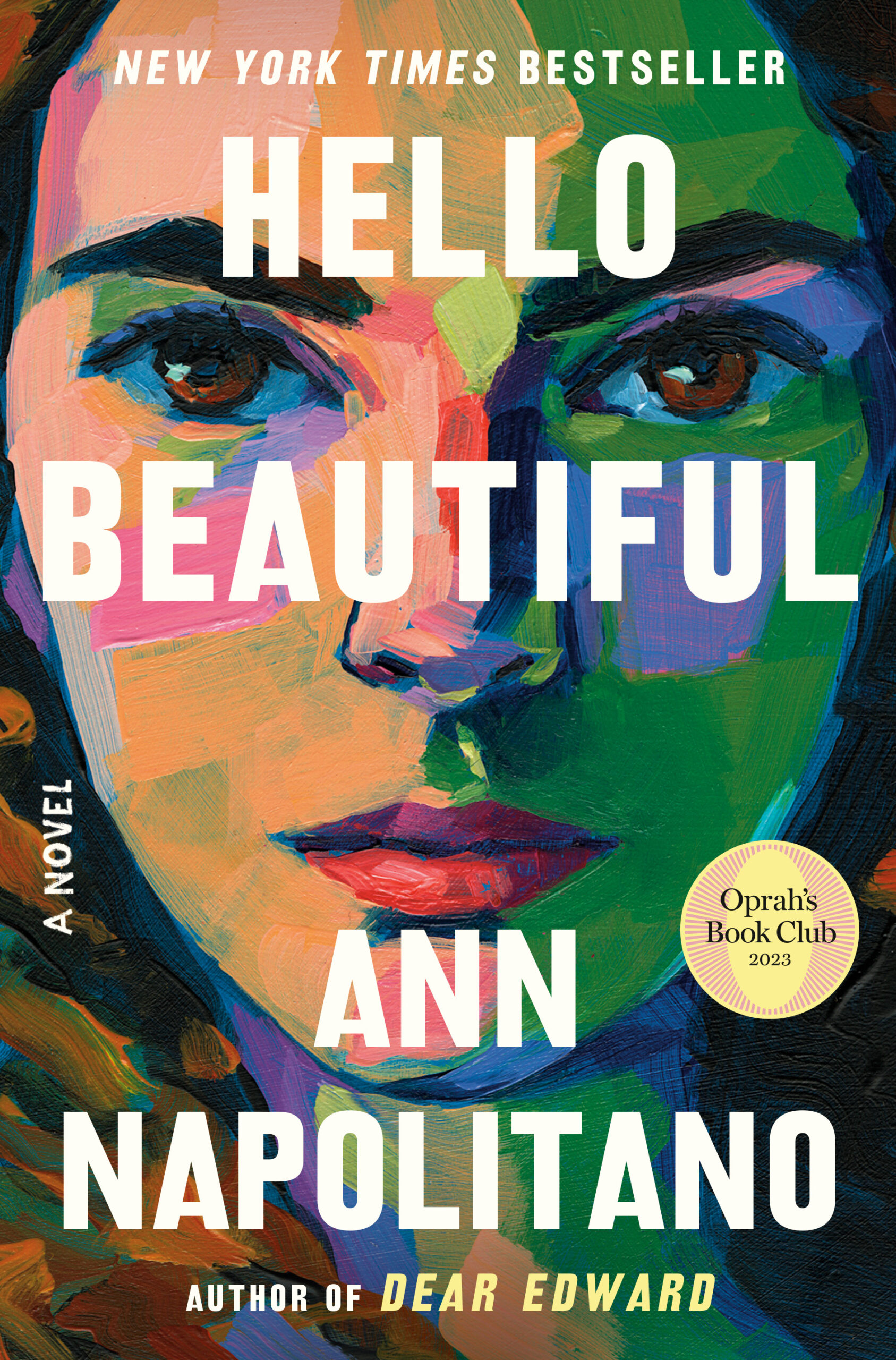
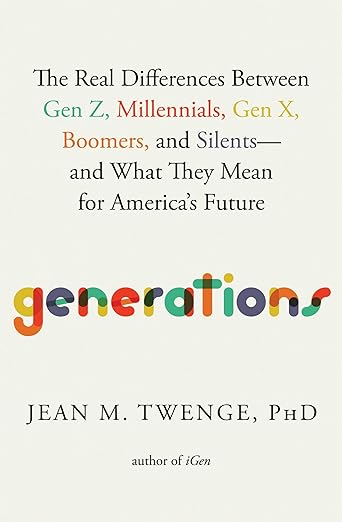

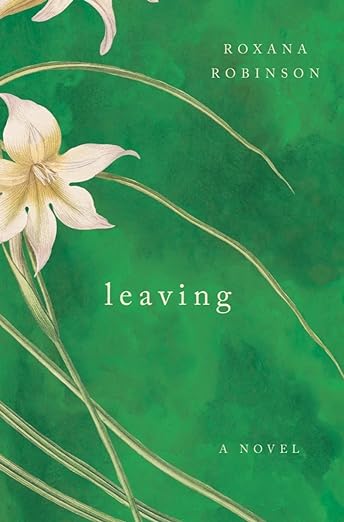
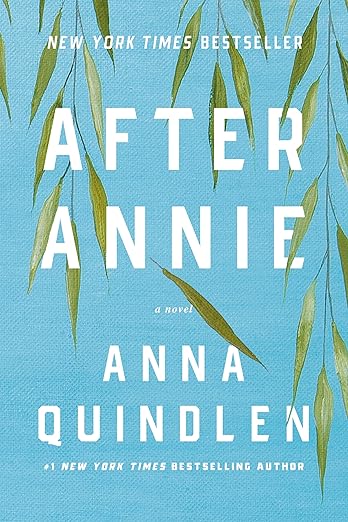
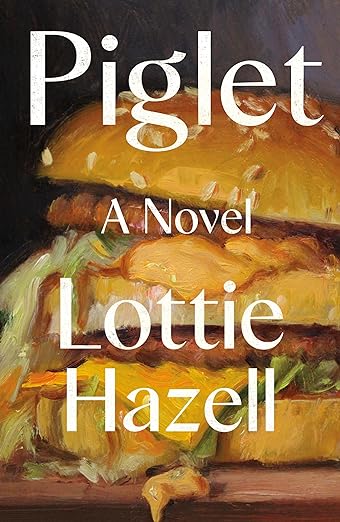
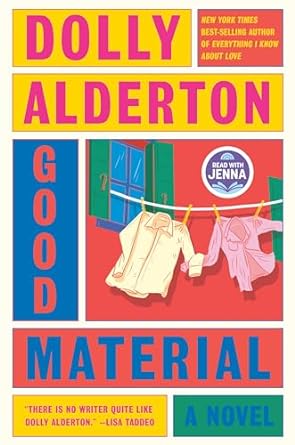
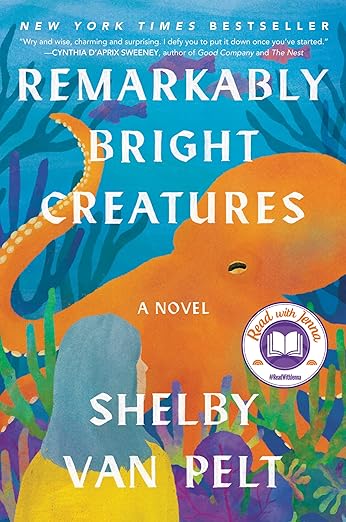
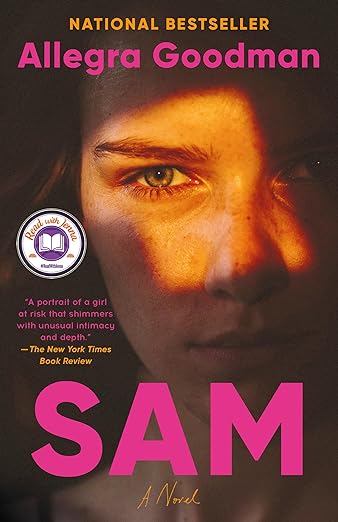
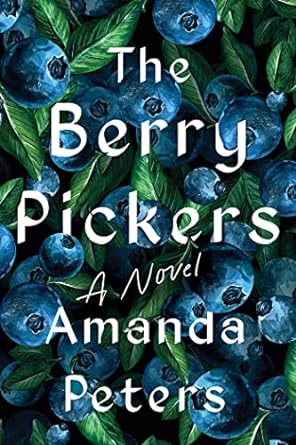
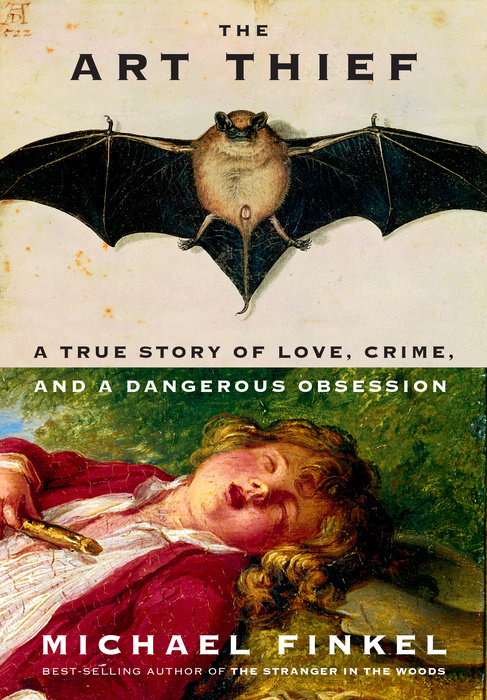
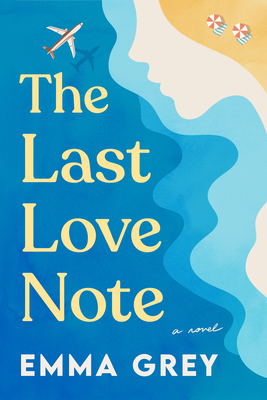
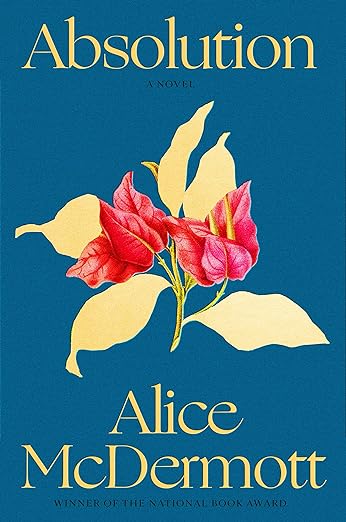
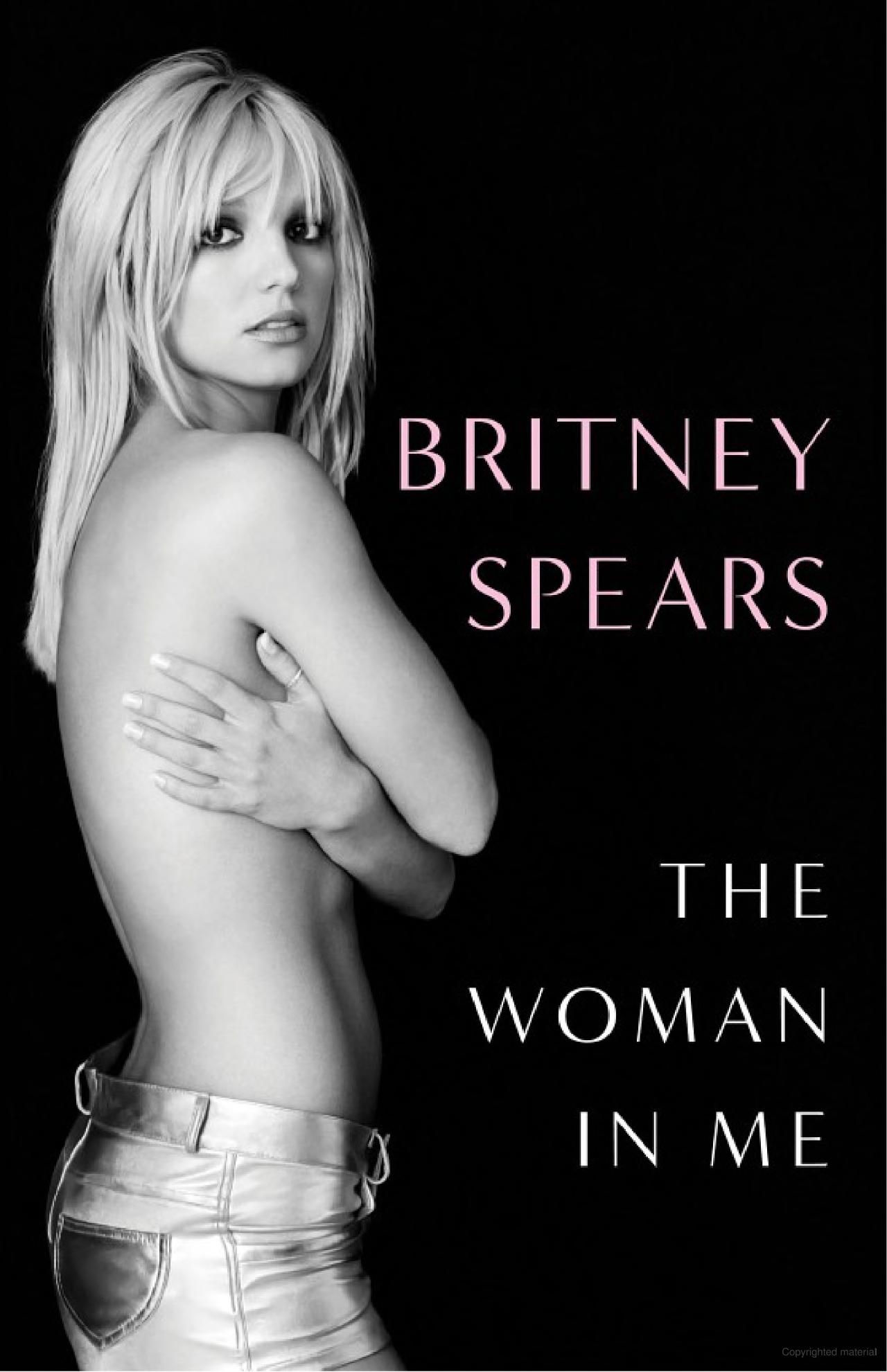
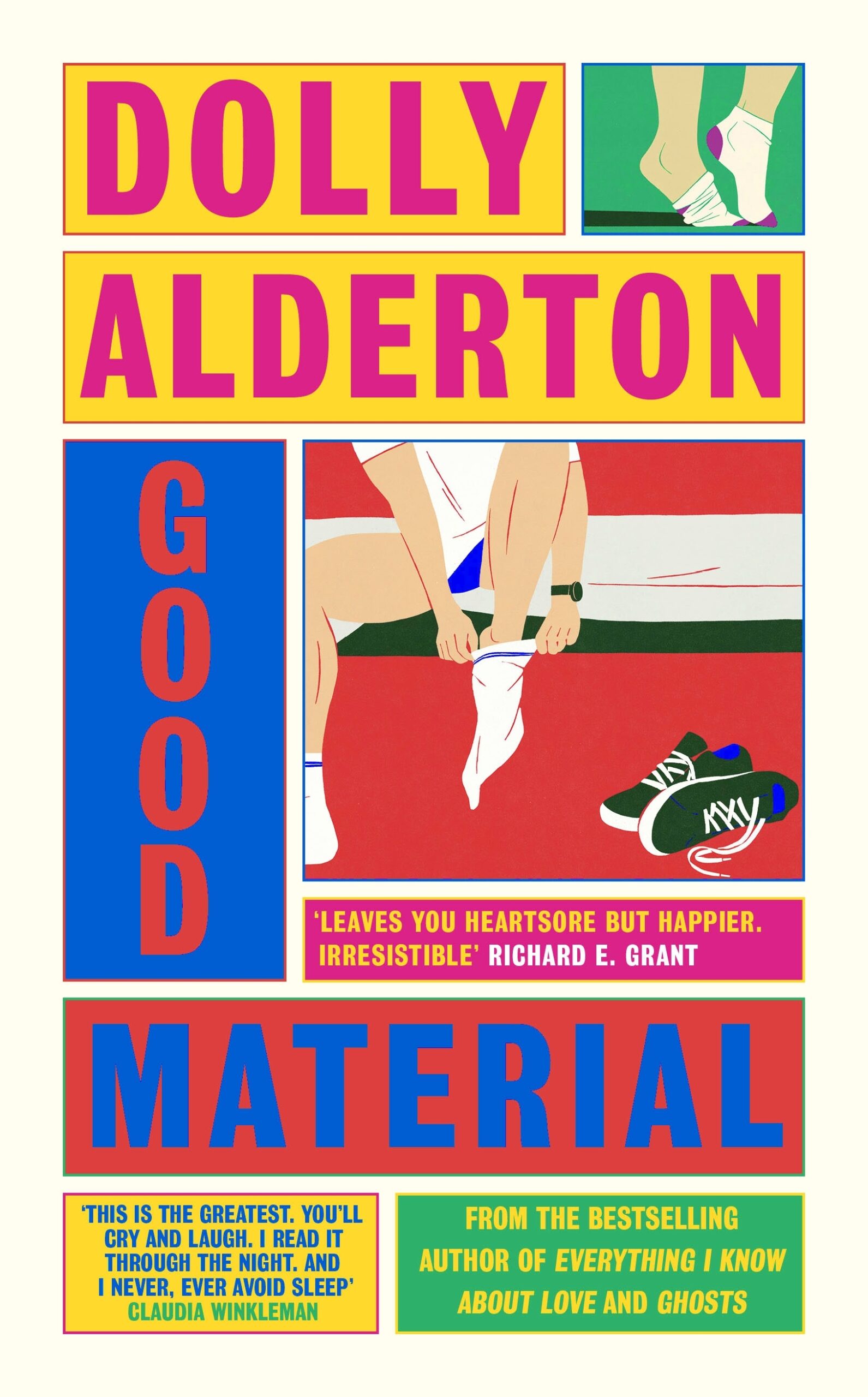
About Me
I have been blogging about books here at Everyday I Write the Book since 2006. I love to read, and I love to talk about books and what other people are reading.